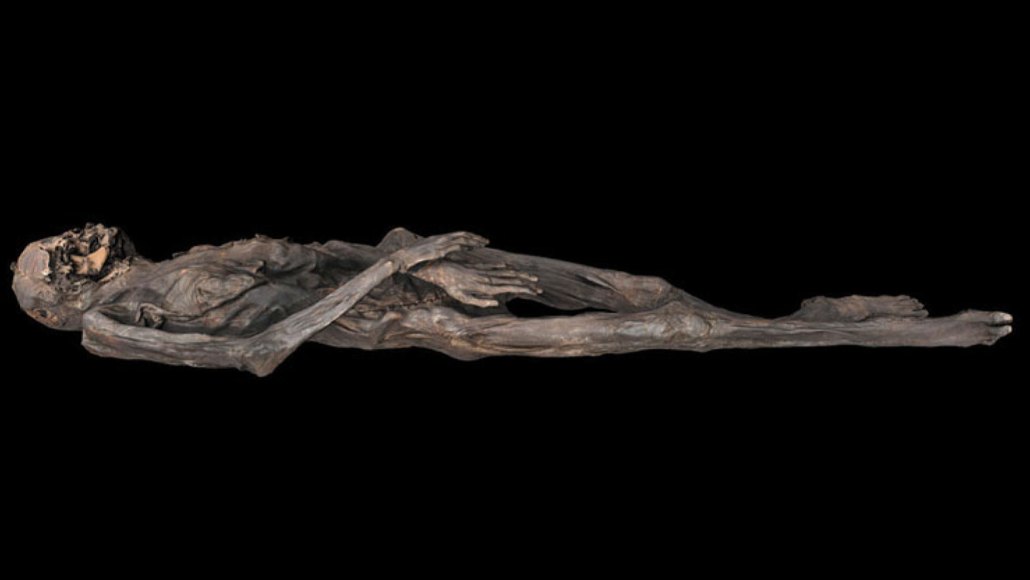
Archaeology
This ancient Siberian ice mummy had intricate tattoos
The 2,000-year-old woman wears ink of prowling tigers and a fantastical griffin-like beast. Her tattoos were inked by two artists — a beginner and an expert.
By Celina Zhao










